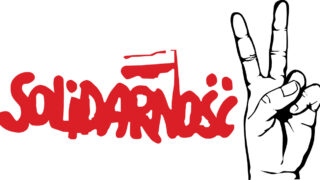
Guernica
Europe

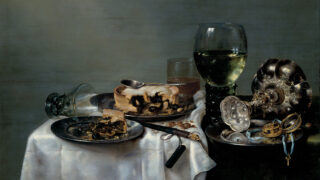
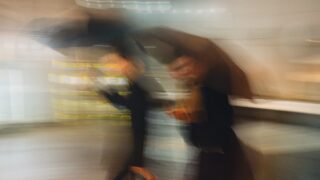
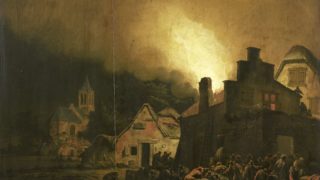
We Have Our Ghosts
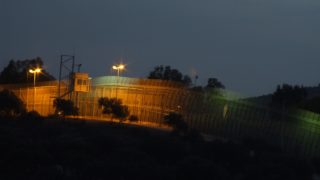
Locked Outside the Gates of Europe
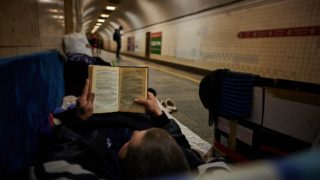
Olena Rybka: Ukraine’s Literary Identity
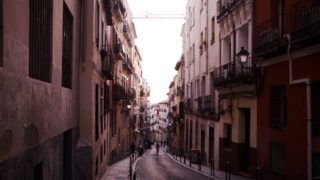
The Black Sea
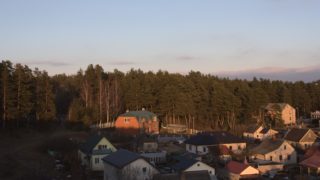
Someone Else’s Language
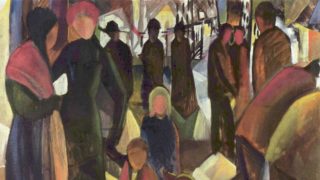
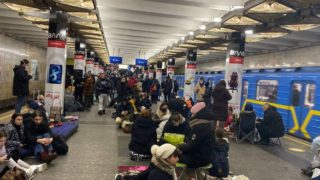
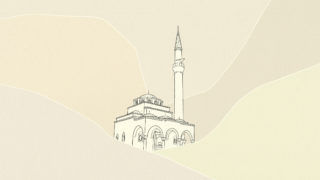
Resurrecting the Mosque of Banja Luka
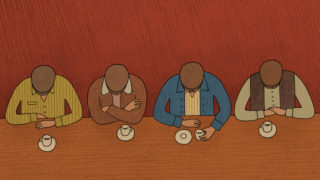
This Town Has Become a Museum
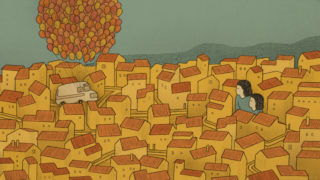
Northern Spain, 1985
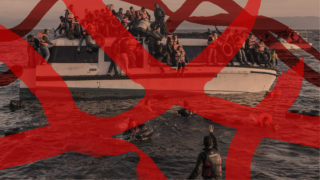
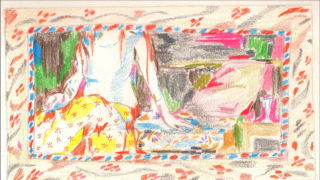
We Are Here
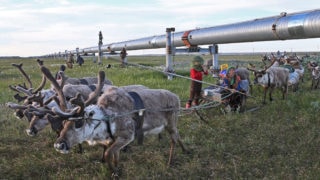
The Archipelago of Hope
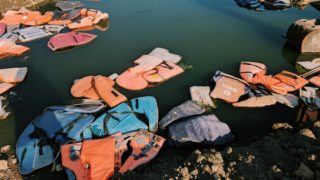
On a Greek Island, Refugees’ Hopes Are Put on Hold

Among Catalan Winemakers, Separatism Uncorked
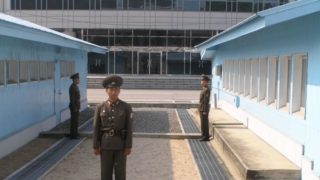
The “Real” DMZ
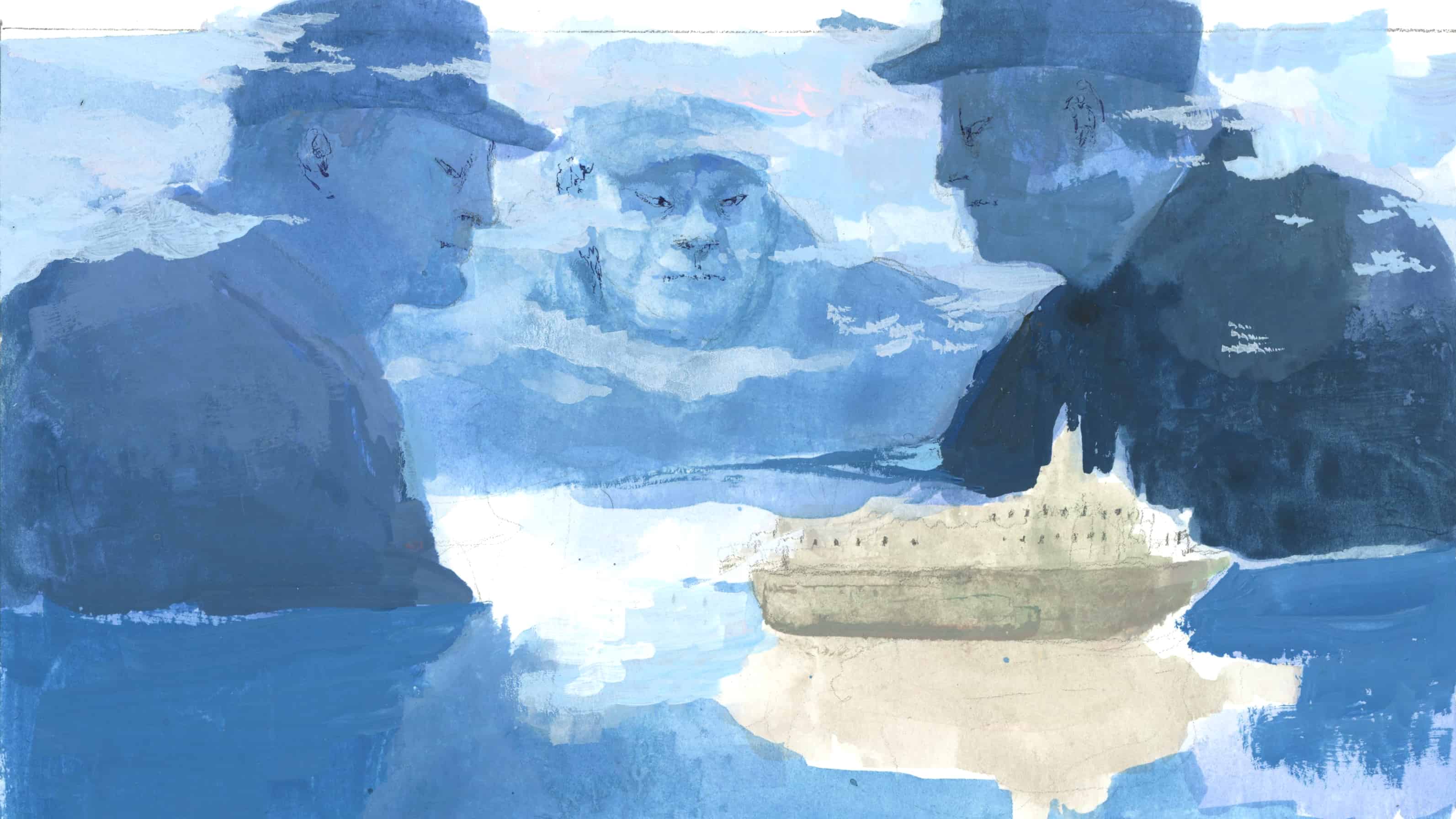

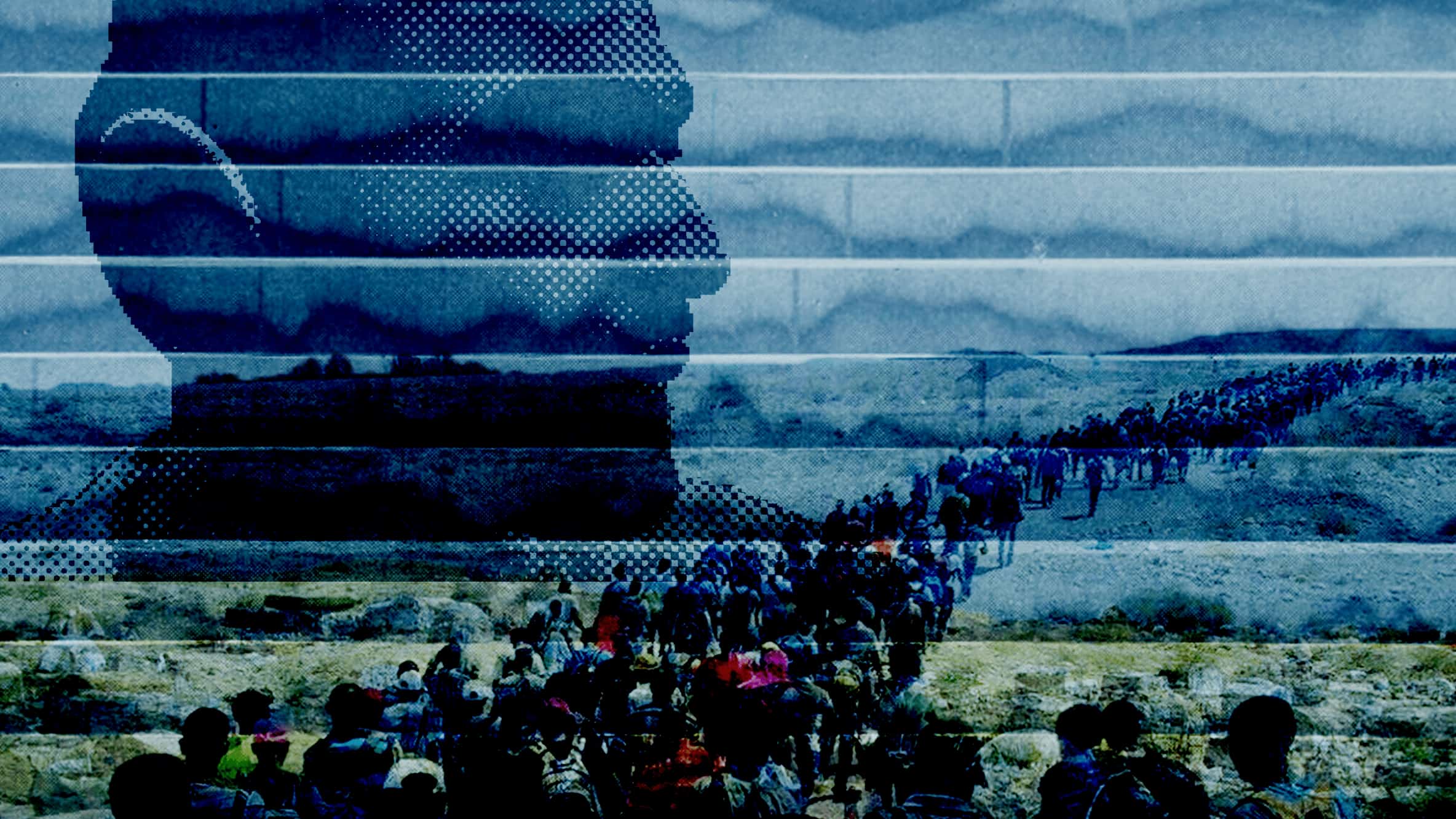
Enduring Abductions, Torture, and Tangled Asylum Laws, Eritrean Refugees’ Stories Still Go Unheard
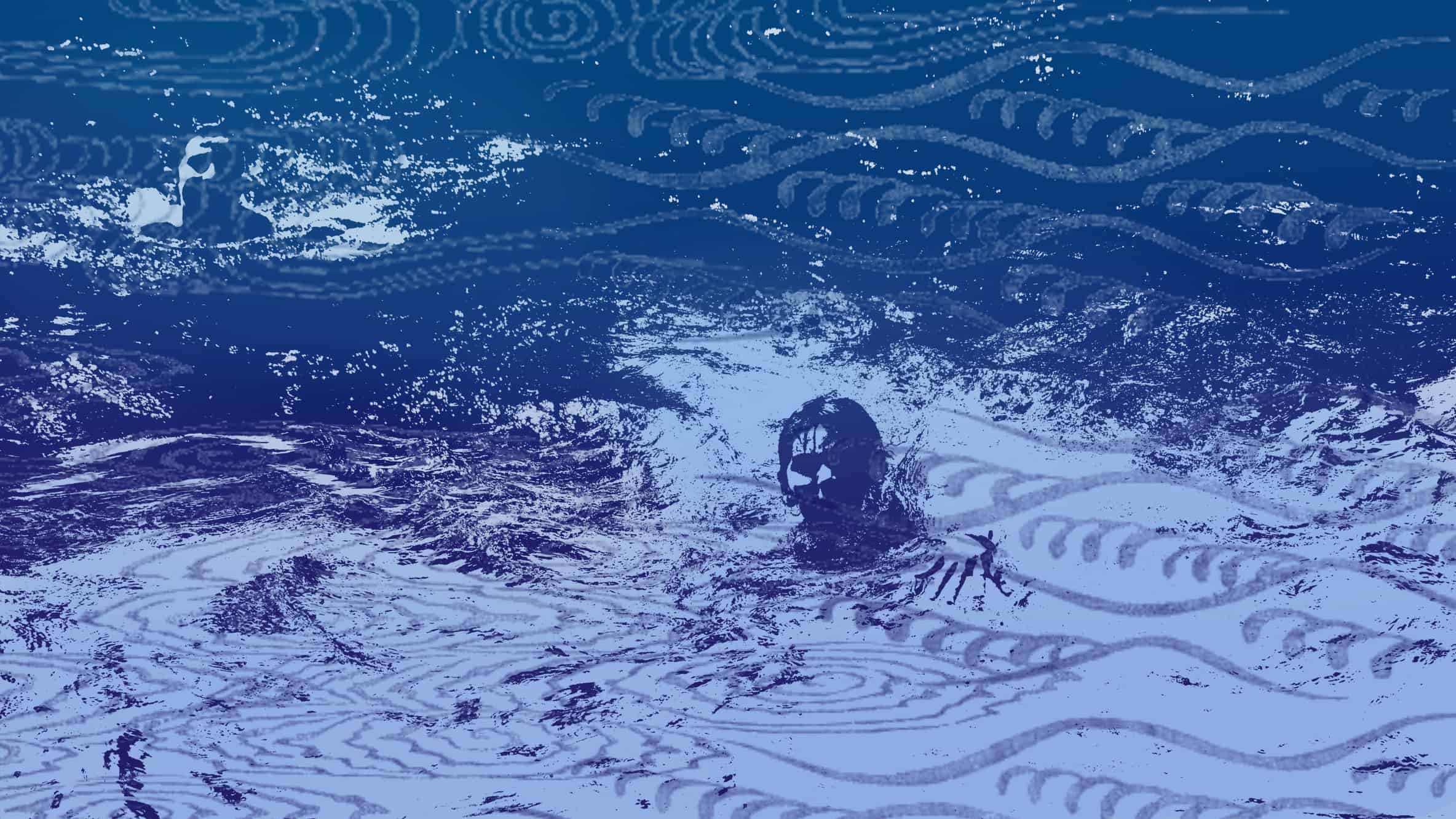
Doctor of Refugees
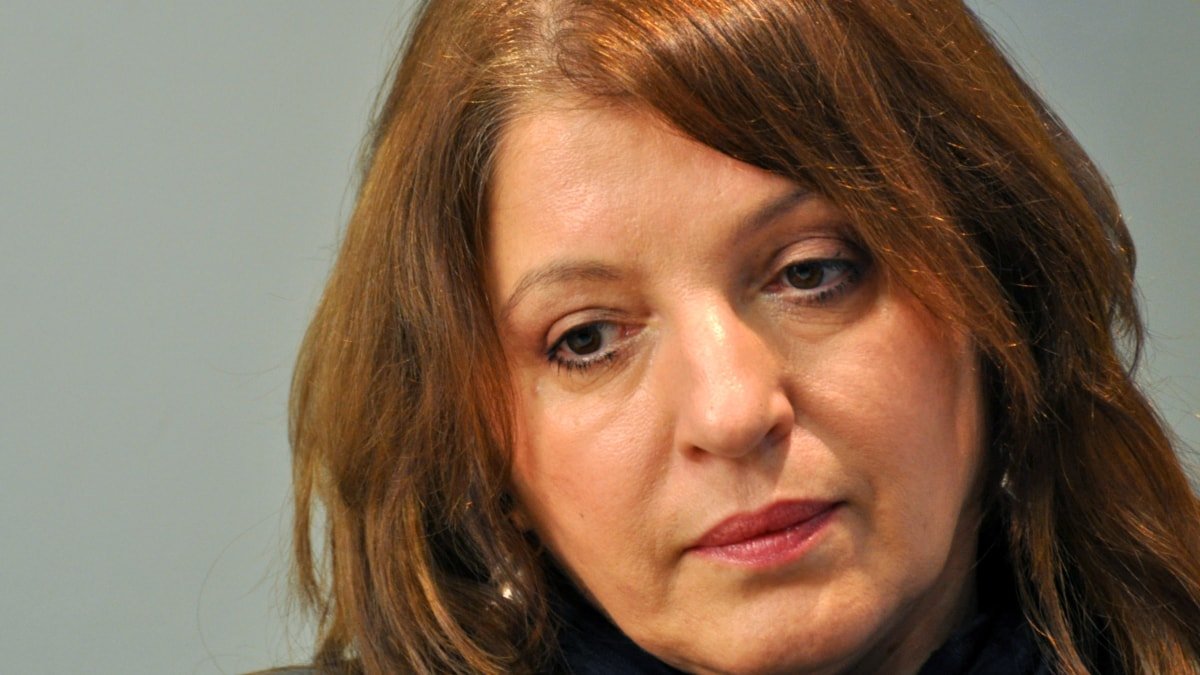
Mirjana Karanović: After Yugoslavia
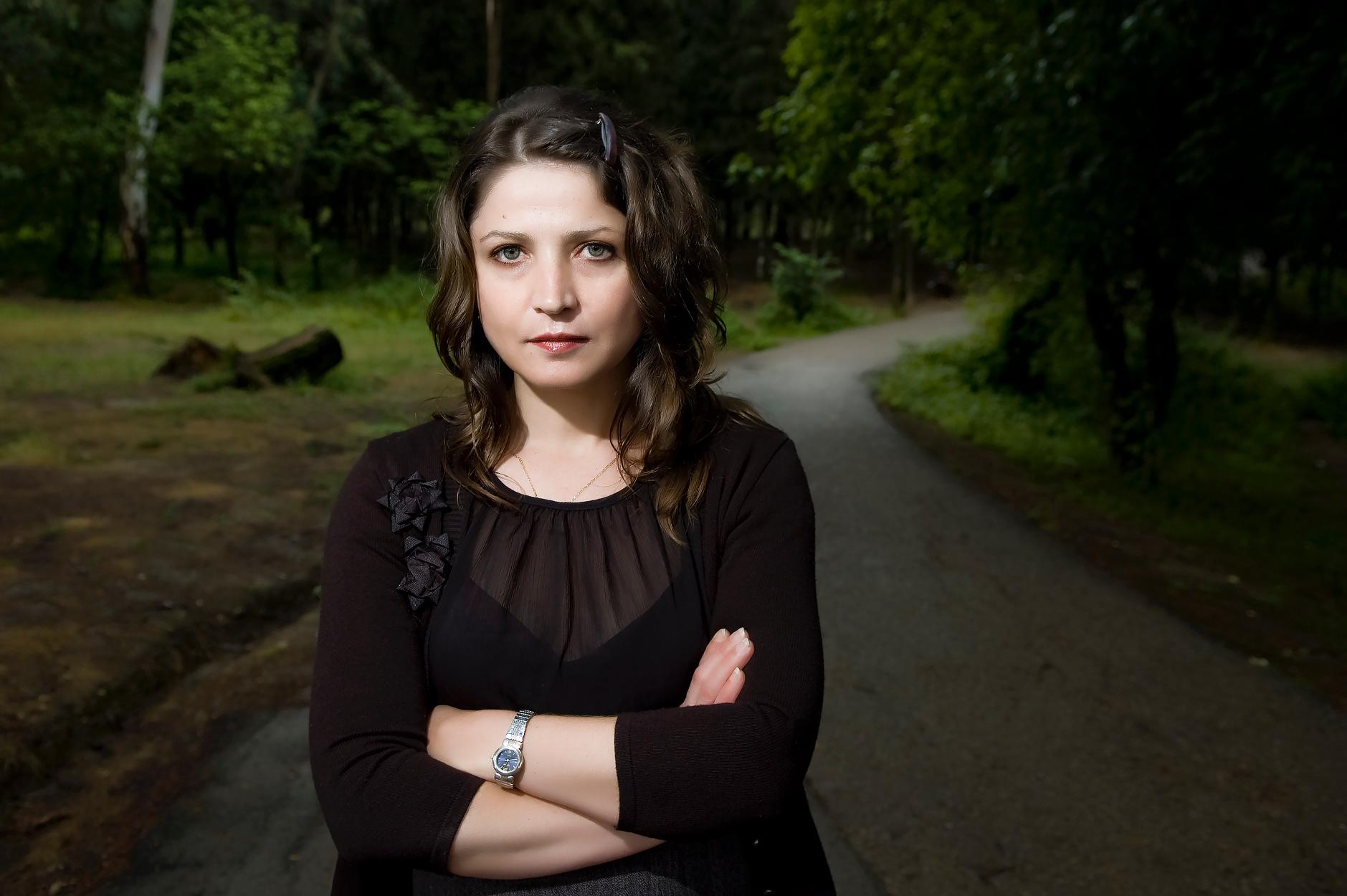
Luljeta Lleshanaku: Words Are Delicate Instruments


The Closed Balkan Route
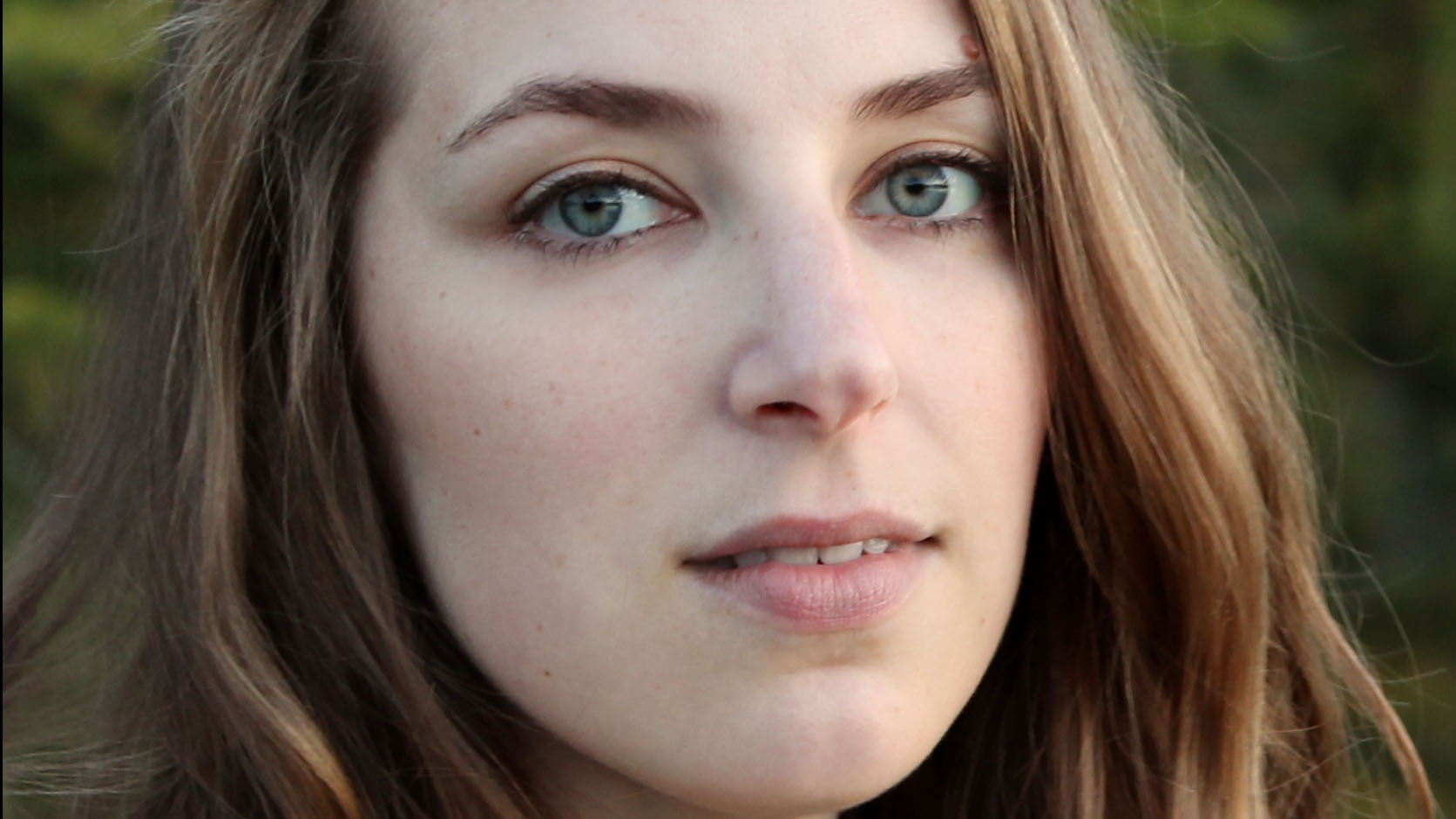
Blair Braverman: Natural and Unnatural Violence

Robert Capa and Gerda Taro: Partners in Love and Photography
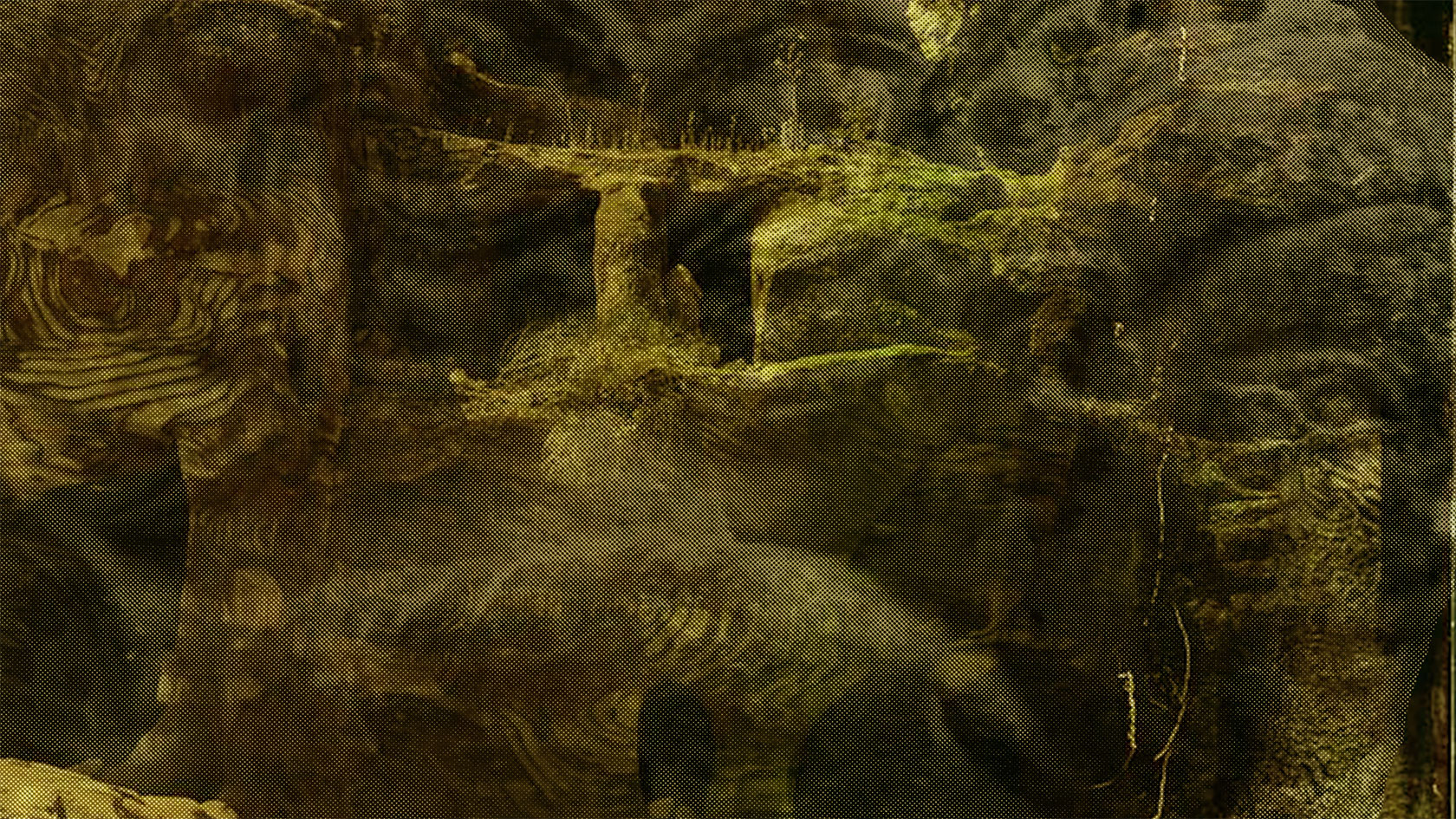
Man Without Fear
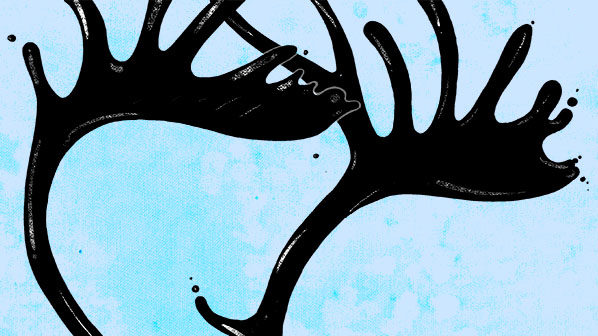
Going Where the Reindeer Go: Sami Culture at a Crossroads
In Norway’s far north, members of Europe’s last intact nomadic culture struggle to adjust as development and climate change reshape the landscape and their future.
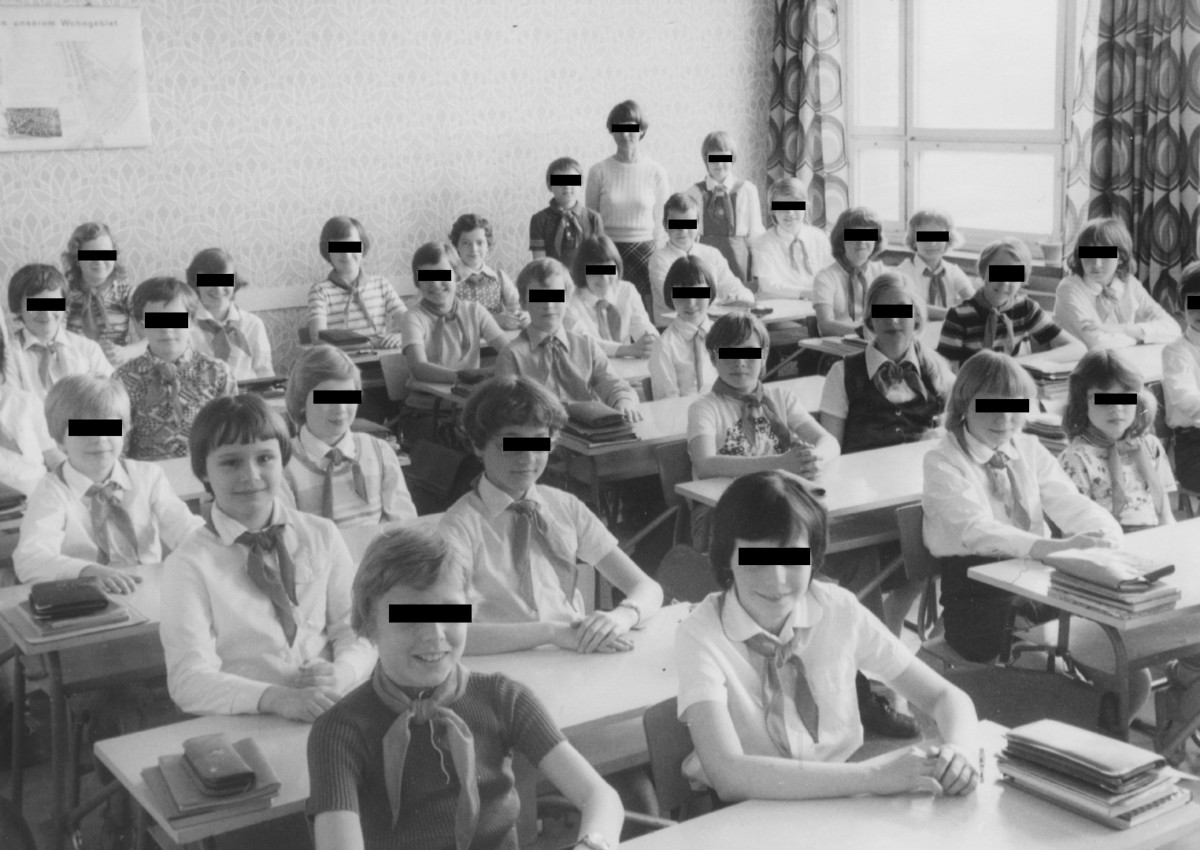
Family Photographs
The New York Film Festival presents Errol Morris on Elsa Dorfman and Petra Epperlein with Michael Tucker on the Stasi files.
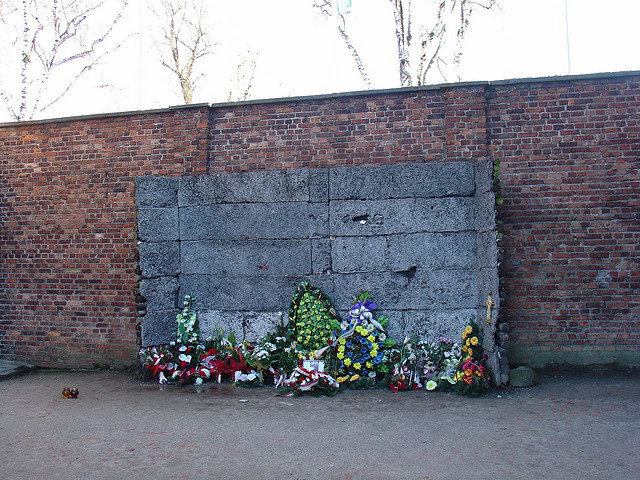
Sophie Unterman: Of Course, Survivors Are Free
A writer accompanies her grandmother on a journey through sites of Holocaust remembrance.
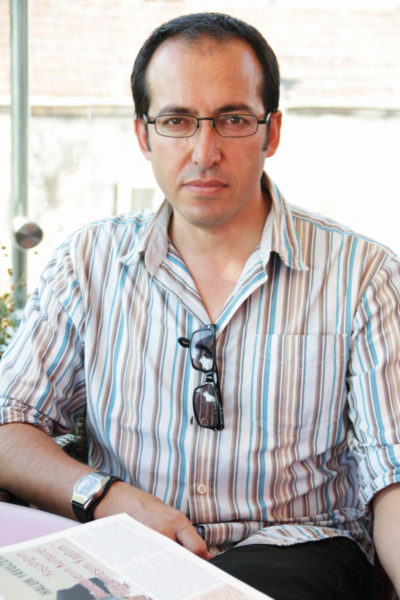
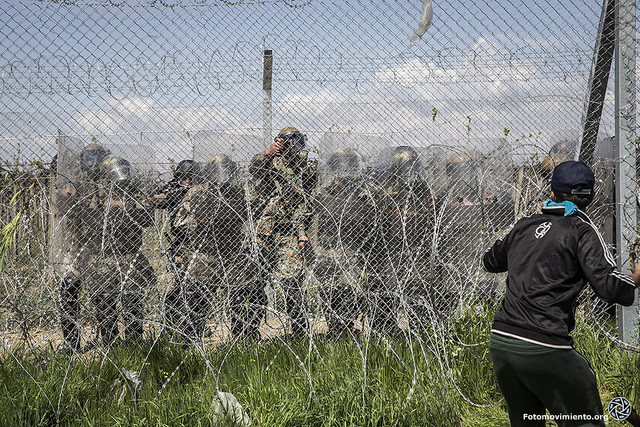
Warehouse of Souls: Inside the last days of the Idomeni refugee camp
For months, refugees caught in a "humanitarian logjam" near the Greek/Macedonian border lived in a makeshift tent city—until Greek officials cleared the area, replacing the fact of the camp with yet another layer of uncertainty.
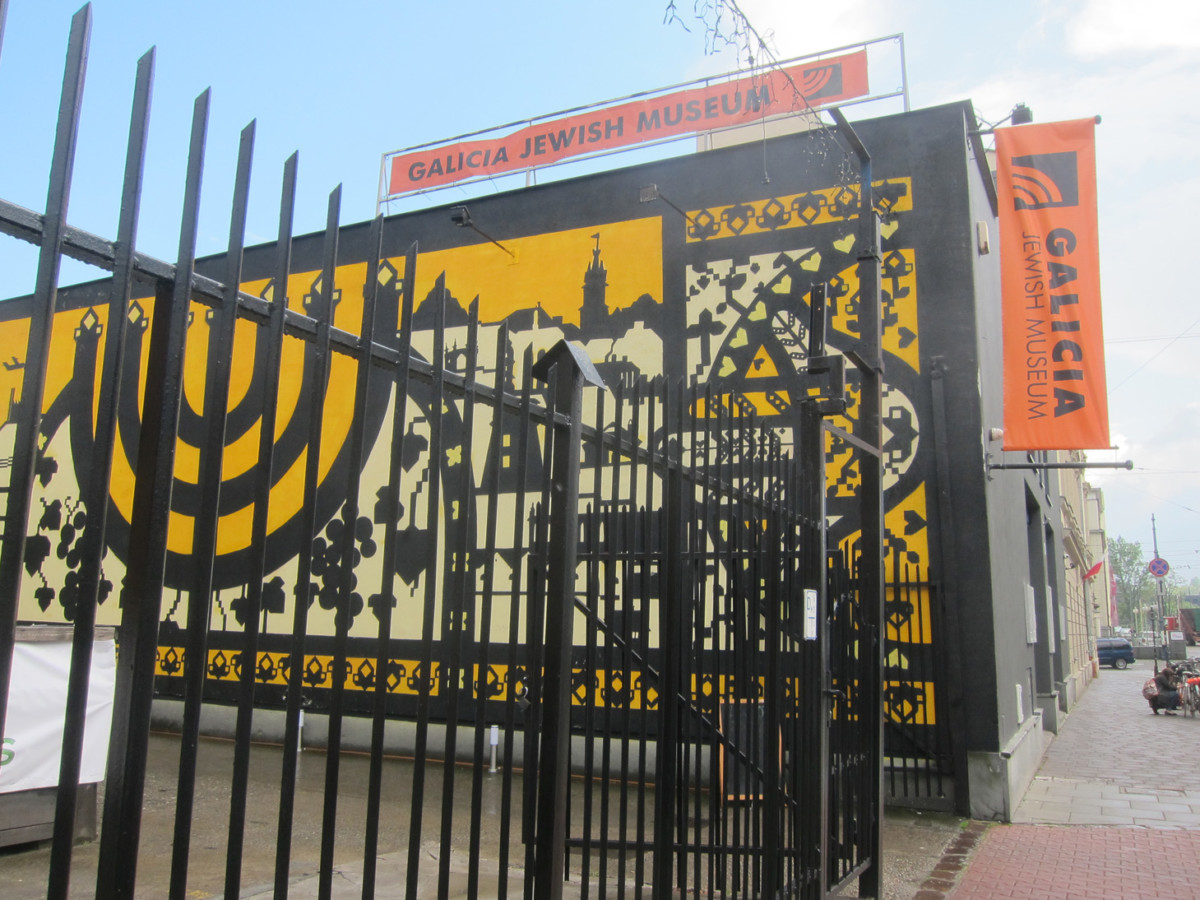
In the Shadow of Auschwitz
Focusing on the living at the Galicia Jewish Museum and the Jewish Community Centre in Krakow, Poland
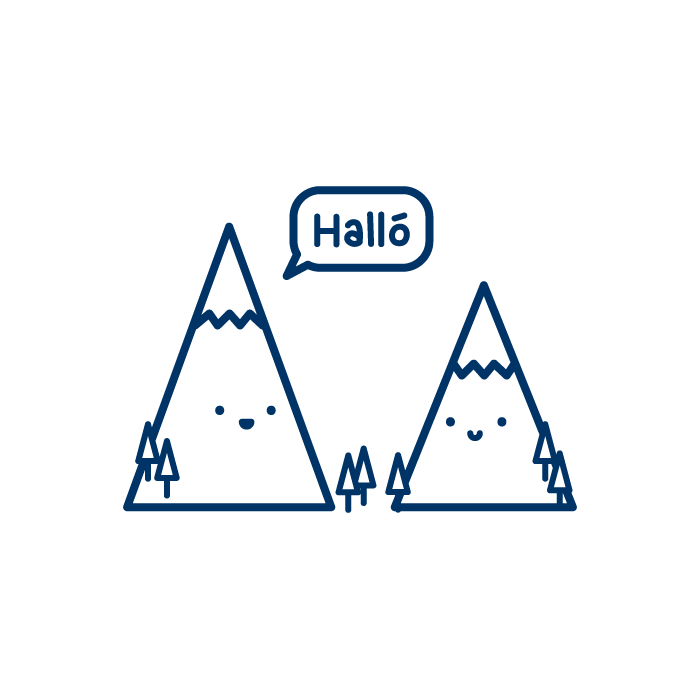
K.T. Billey: Utmost Import: Instagram & the Future of the Icelandic Language
A charming mini-gallery contains pictographs that break down the etymology of Icelandic words for interested followers.

Kurdish Autonomy, Under Siege
How Kurdish rights continue to flounder under an authoritarian Turkey and an imploding Syria.

Growing up in the Age of Terror
A teenage girl refuses to give into the fear created by recent terrorist attacks in France.
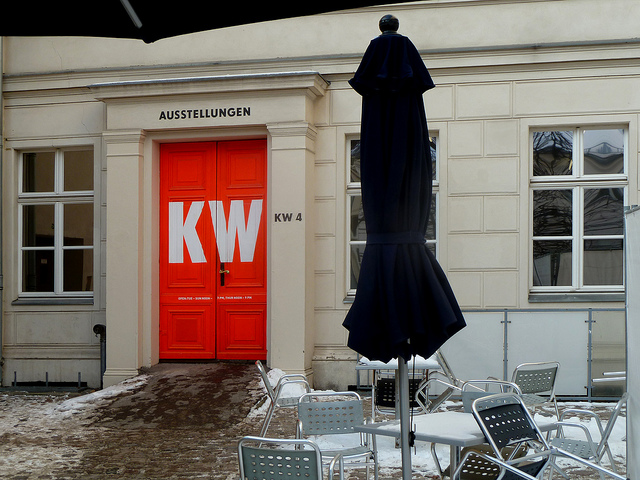
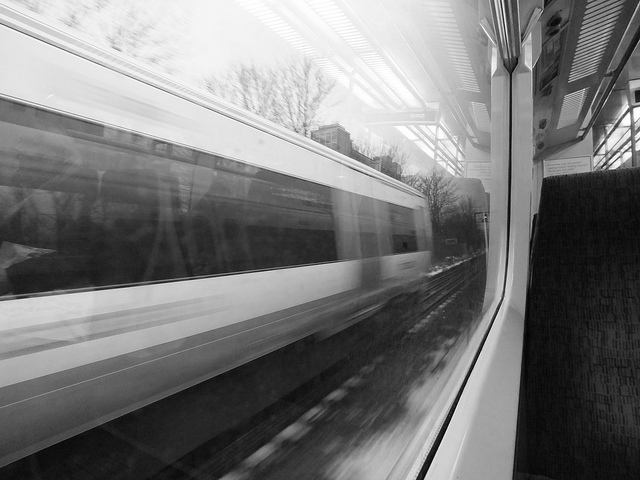
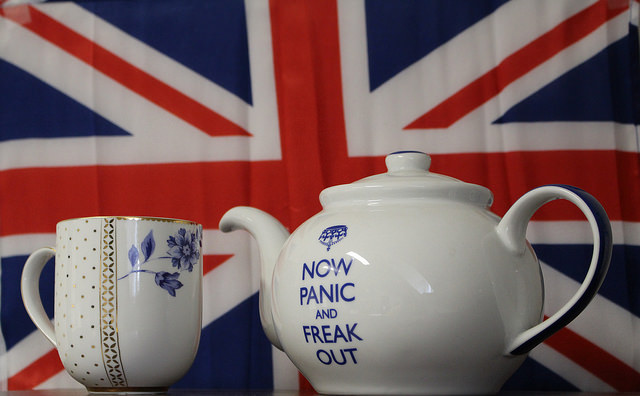
The Brexit Delusion
A British expatriate reflects on the country's "Leave" vote.
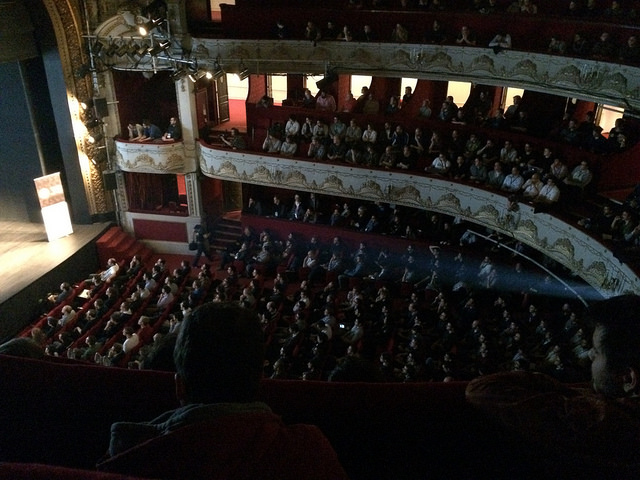
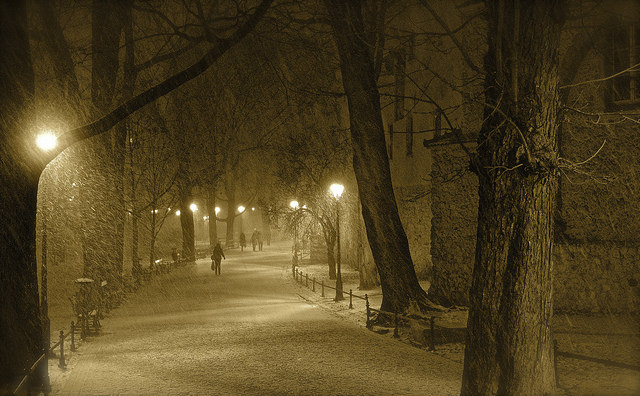
Taking The Long Way Home
An Immigrant father-to-be ponders what homeland means to him, and what it might mean to his daughter.
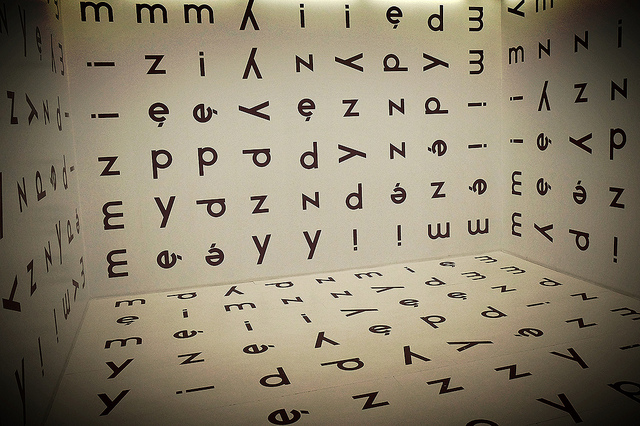
Cities of the Future: Those Who Stay
The government will finally run out of excuses and be forced to hold a referendum on repealing the Eighth Amendment, also known as the constitutional ban on abortion. Despite all the progress we’ve made, a woman’s right to choose still represents a Brave New World for Ireland, and many will fight tooth and nail to maintain its continuing inaccessibility.

Friend of the Indians
The Future of Cities: “There are hundreds, perhaps a thousand empty villages in Spain like your Valdaves: abandoned, then forgotten. I find them new owners...”

Andreas Koefoed: A Second Start
The Danish filmmaker discusses refugee children in Denmark, the safety of schools, and the quiet power of the observer.
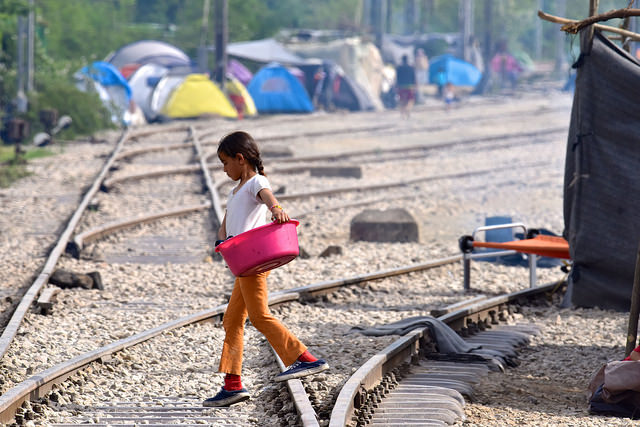
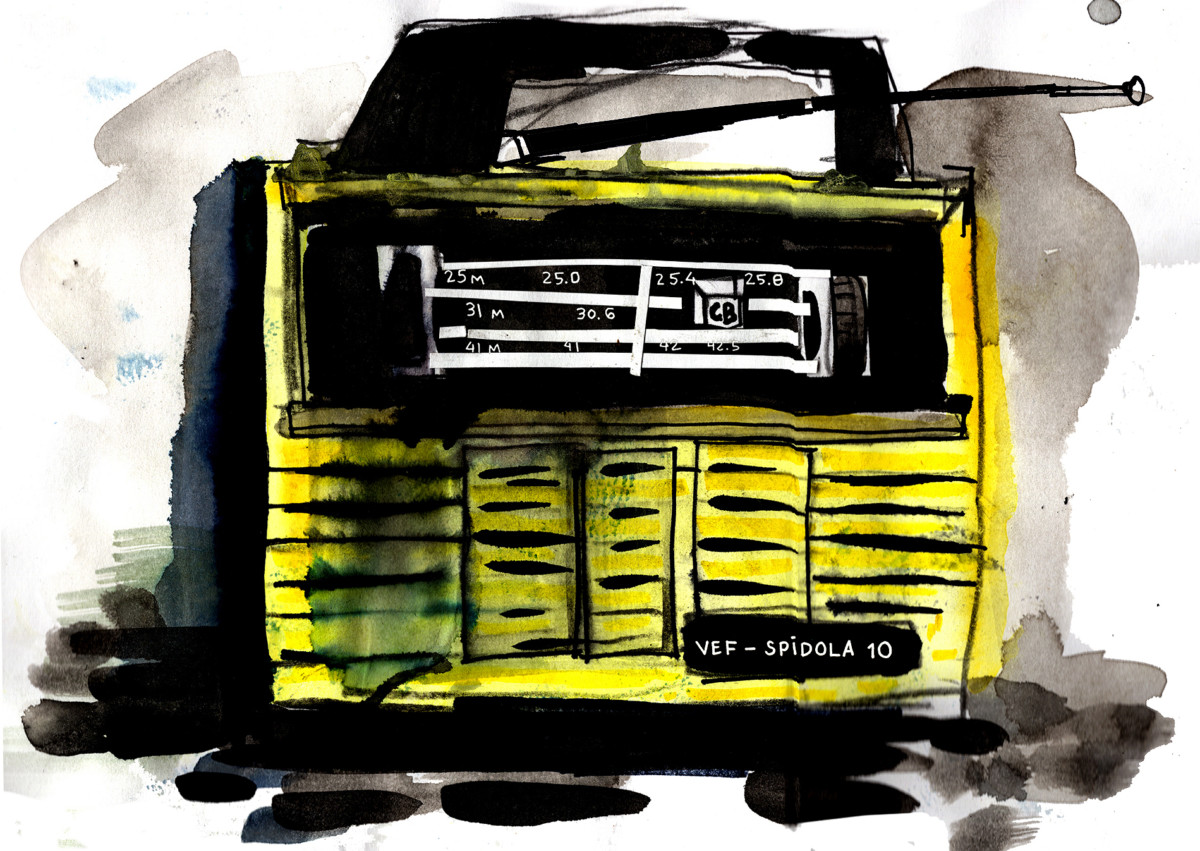
Moscow Windows
An unimaginably endless life lay ahead of me, almost frighteningly so. Sometimes, when I thought about it, I became so agitated that I found it difficult to breathe.

Burying the Remnants of Disaster
Reflections on the legacy of Chernobyl on the 30th anniversary.
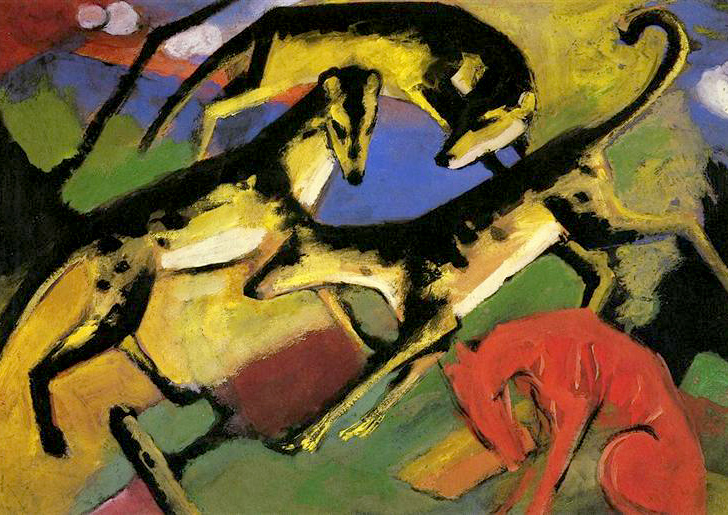
Migrations
Bulgarians are physical people. I discovered that when I left and came to New York.
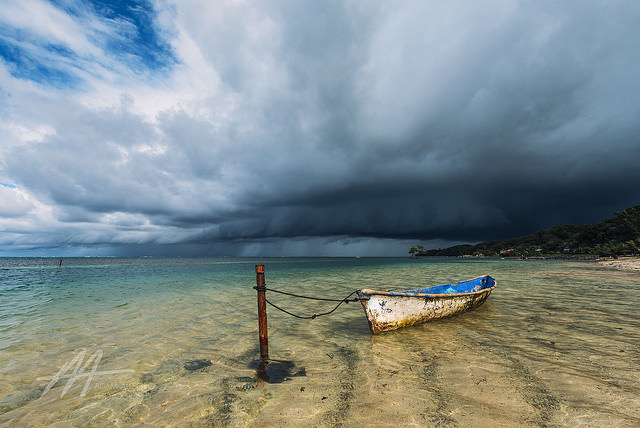
Mortal Gods in the Greek Sea
Flash Fiction: We had no idea that a livid war was advancing on us like a sandstorm. We were committed to life, not death.
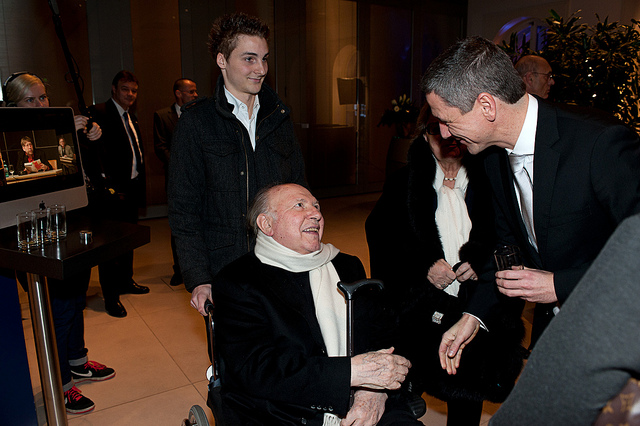
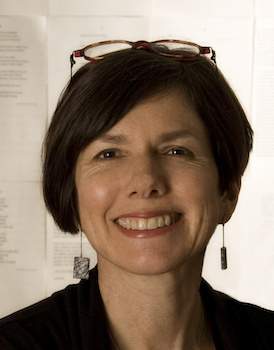
Karen Kovacik: Scattering the Dark
Piotr Florczyk interviews Polish poet, translator, professor, and editor Karen Kovacik.
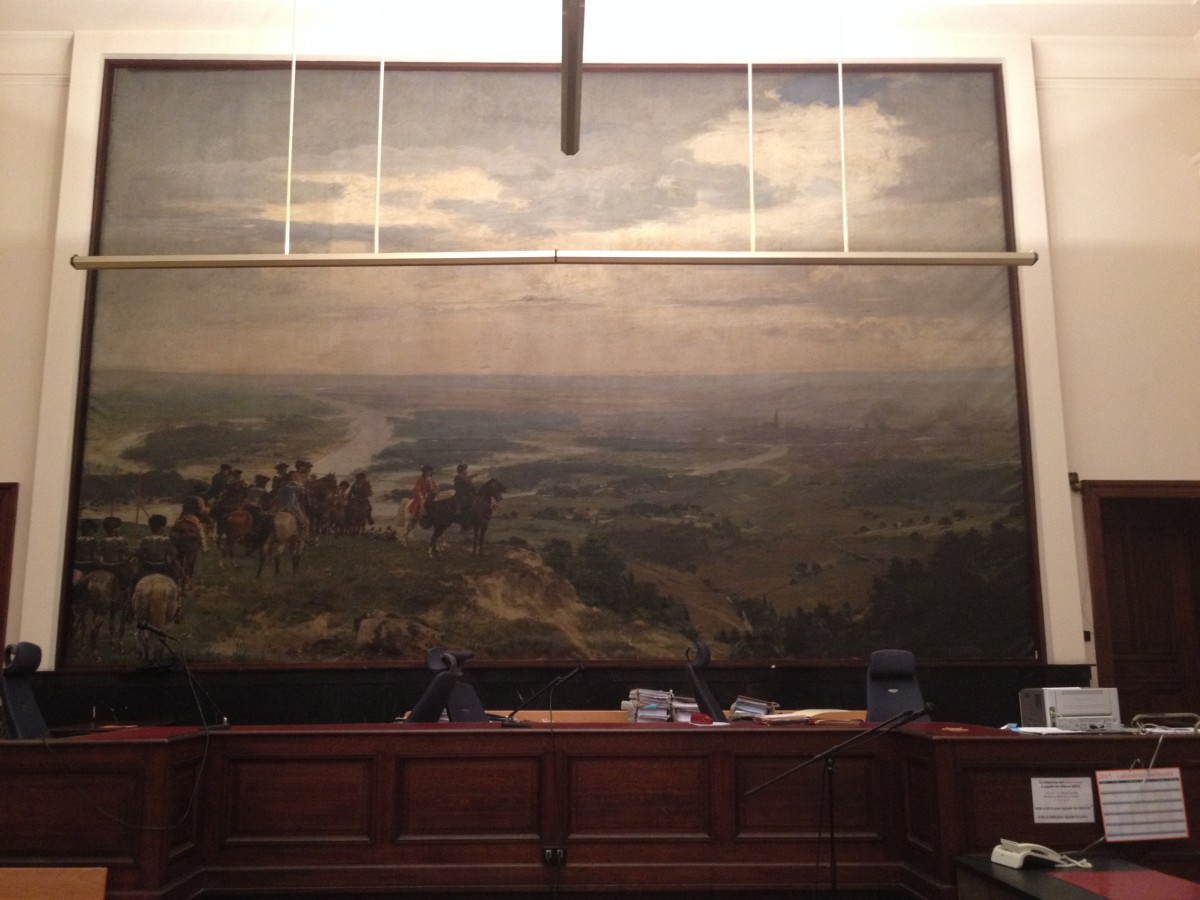
A Reporter’s Notebook from Molenbeek
In the fight against extremism of all stripes, Europe has failed to transcend its capitalist roots and embrace diversity.
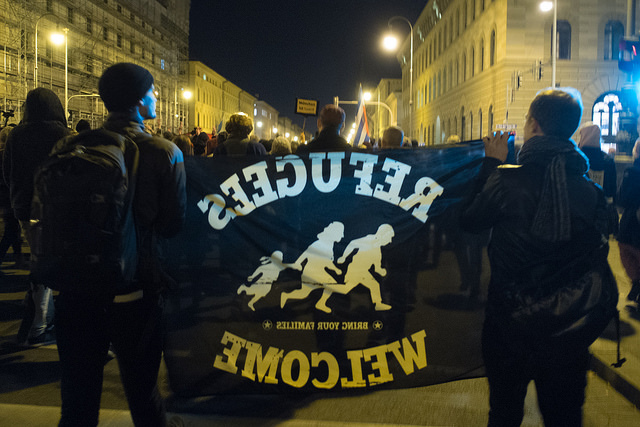
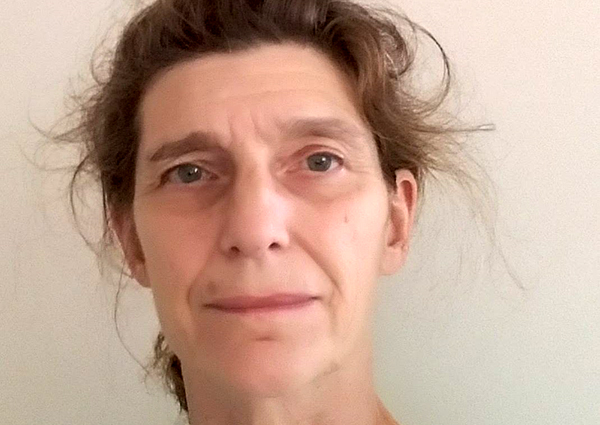
Ann Goldstein: The Face of Ferrante
The translator discusses public secrets, private identities, and the final Neapolitan novel.
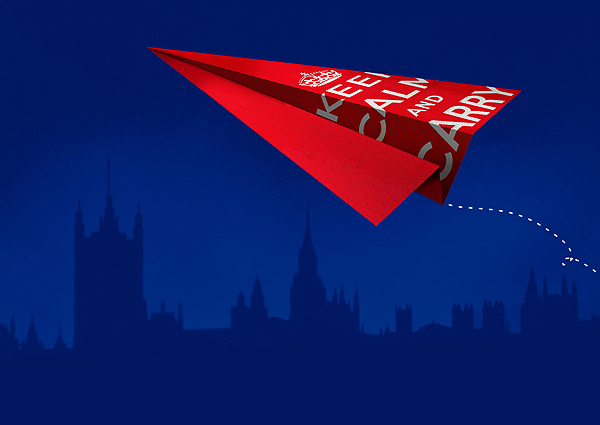
The Nostalgia Aesthetic
How the “Keep Calm and Carry On” poster became a global design icon.
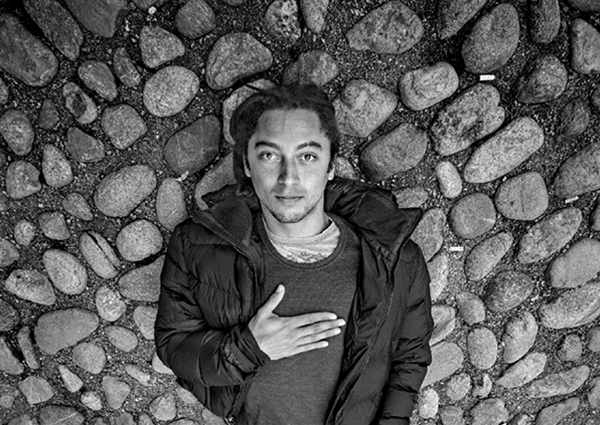
Jonas Carpignano: One Song
Boundaries of Nations: The director on depicting the African migrant experience in Italy, moving in with his film’s lead, and the “common language” of pop music.
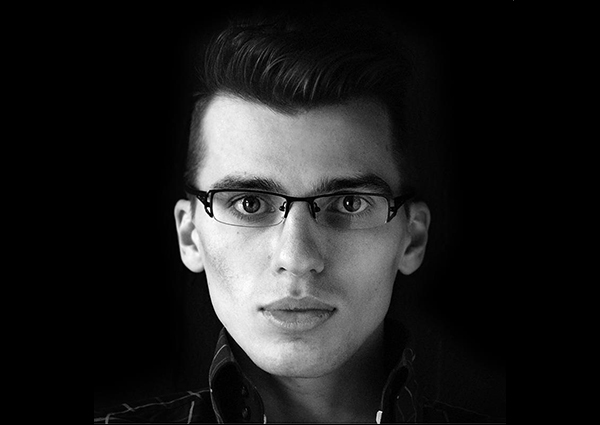
Jasminko Halilović: Children of War
Boundaries of Nations: The author and activist on growing up under siege in Sarajevo and chronicling the childhood memories of other survivors.
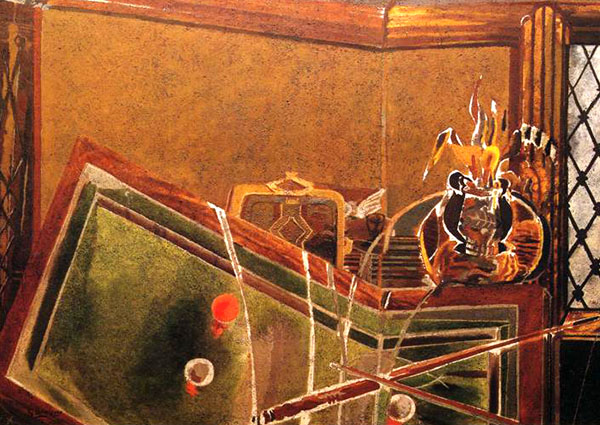
Amerikanka
Boundaries of Nations: What a joke American pool is. They play with miniature sticks on a tiny table with a bunch of tiny multicolored balls, a bunch of toy balls, just like between their American legs.
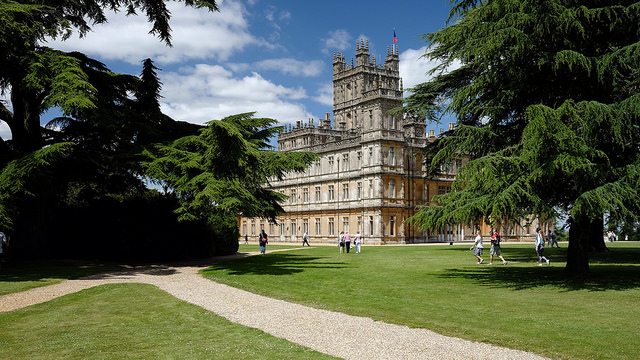
A Britain Beyond Costume
Boundaries of Nations: The UK isn't like Downton Abbey anymore.
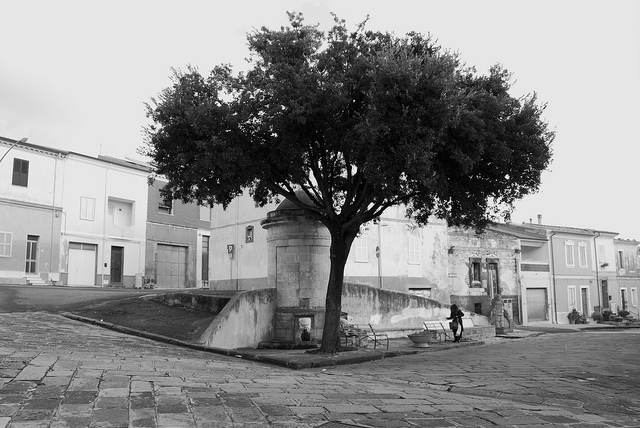
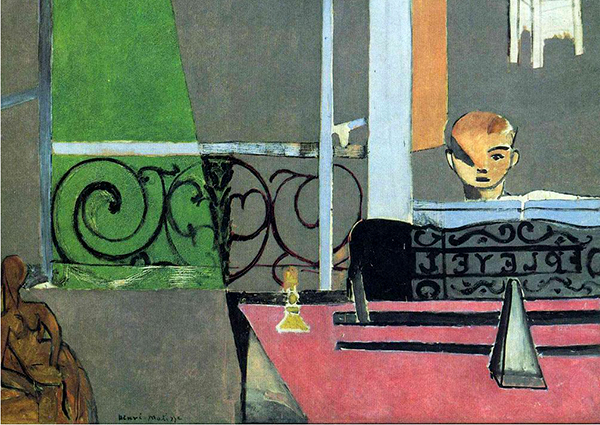
Souterrain
He led her away, down one tunnel, then another. He took her through a passage where the bones were piled so high they had to wriggle over them on their bellies.

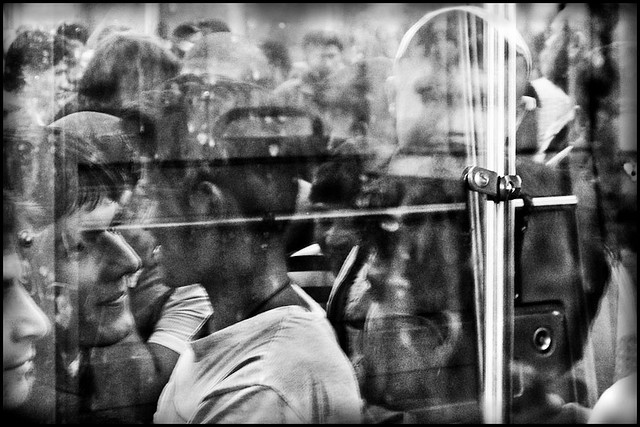
Luc Sante: My Method is the Magpie’s
The critic discusses his new book on the grittier side of Paris, and the effect terrorism might have on France.

The Road to Alpullu
I would examine the black and white photographs of Alpullu’s golden age. In their shadows, I identified the vanished town.

The Things They Carried
They needed a way to keep the fire going until morning—that was another thing they had on their minds.

A Bunch of Savages
I have a birthmark above my butt, which is undeniable proof of gypsiness.

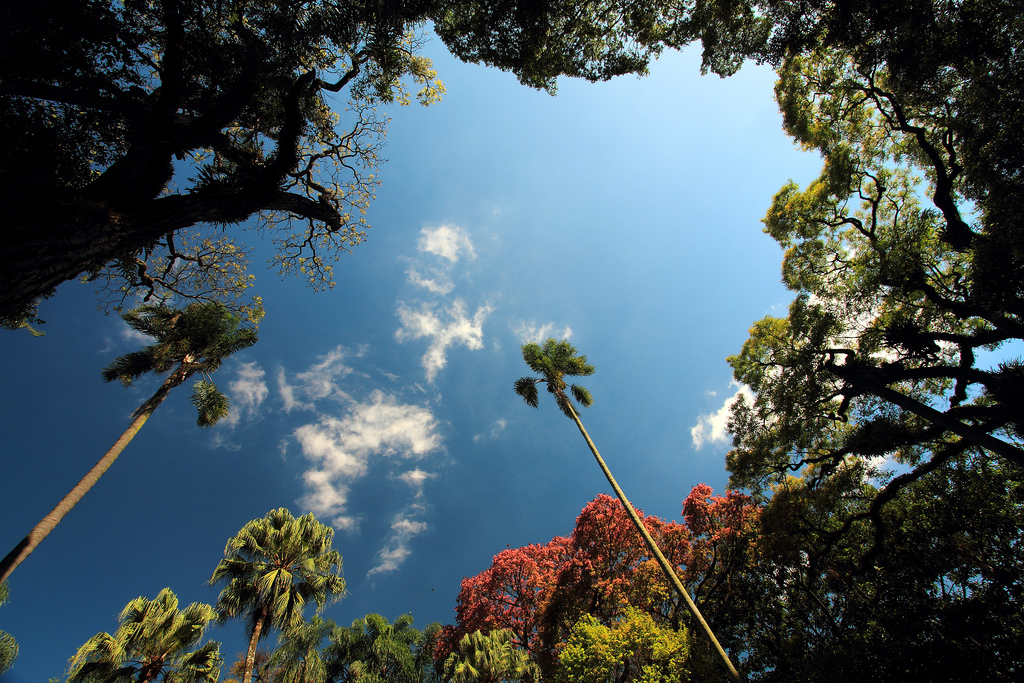
The Romantic Scientist: Alexander von Humboldt Under the Palm Trees
Why a once forgotten scientist’s steps across South America are so tempting to retrace.
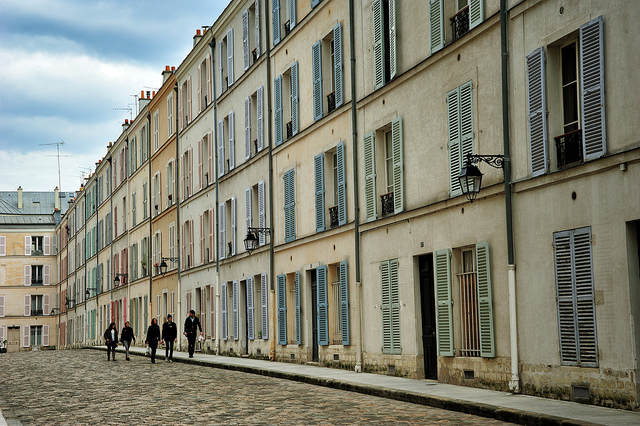
Towards a Place That is Not Home
The city of lights, migrant refugees, and gay Muslim weddings.
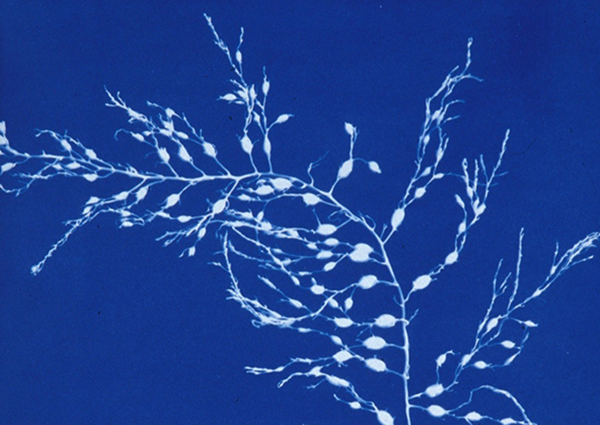
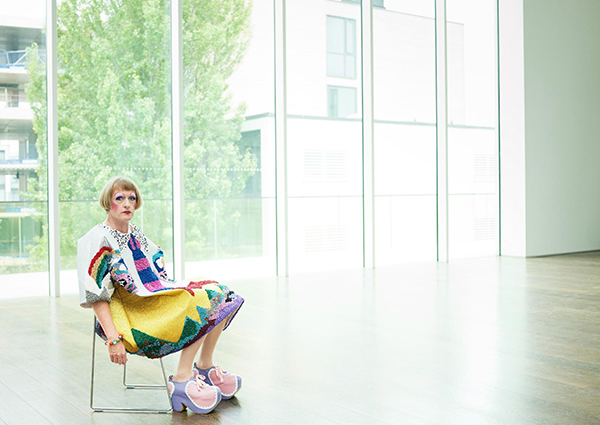
Grayson Perry: Social Fabric
Boundaries of Taste: The Turner Prize-winning “transvestite potter” on the taste tribes of Britain.
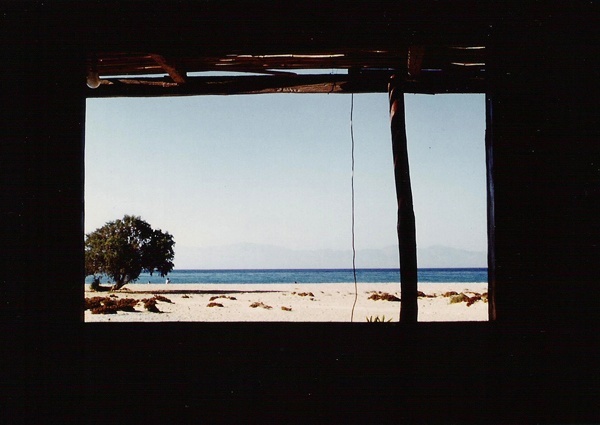
Everything Just Disappeared
In Gavdos there is a sort of collective protest against the past. Not against history and the stubborn patterns we mistake for certainty, but against all evidence of time beyond the beach.
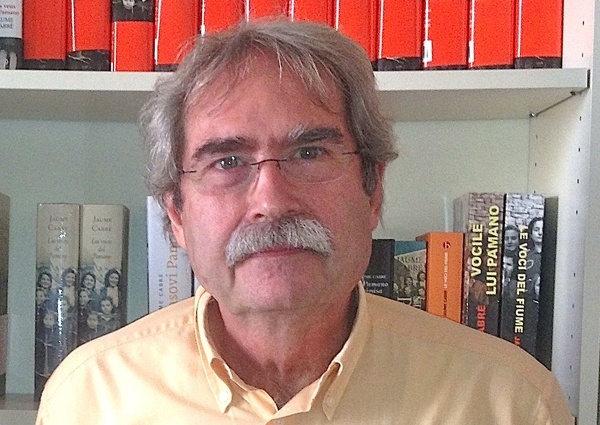
Jaume Cabré: Inhabiting Language
The award-winning Catalan writer on political attempts to repress his native language, inventing stories to tell the truth, and the powers and pitfalls of memory.
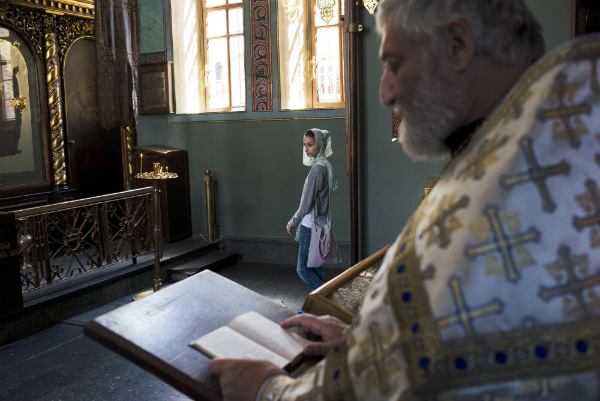
Between Tradition and Modernity
After the collapse of the Soviet Union, Georgians turned en masse to religion. Today, the Orthodox Church’s conservative beliefs are clashing with the country’s increasingly close ties to the EU.

Blacked Out in Ukraine
The artist and curator talk censorship in the arts and Ukraine's crackdown.
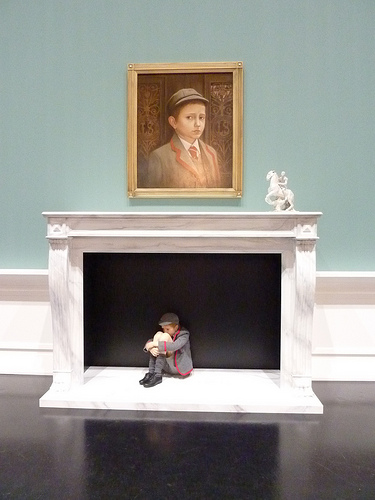
In South Kensington
At the Victoria and Albert Museum, a skeptic studies life and death through architecture.

The Elf Diaries
On a season spent in turmoil, transition, and the glitzy winter wonderland of Harrod's of London.
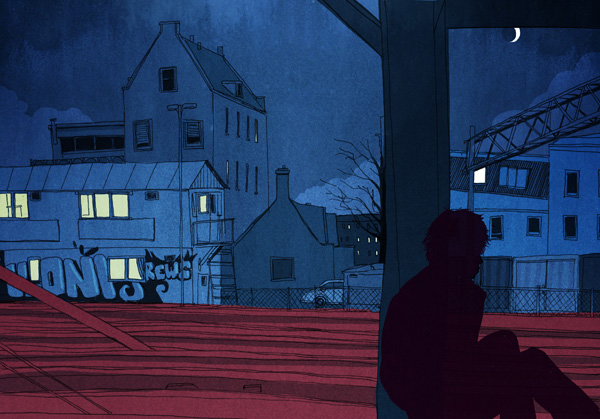
Refuge, Part III
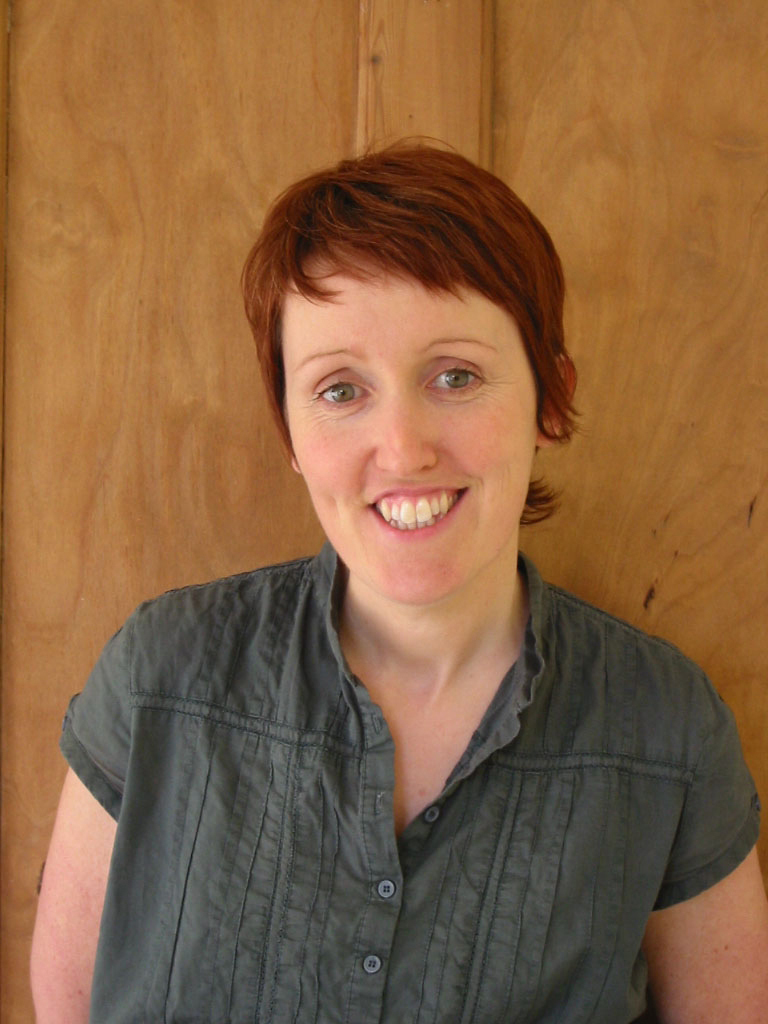
Catherine O’Flynn: What Remains of Us
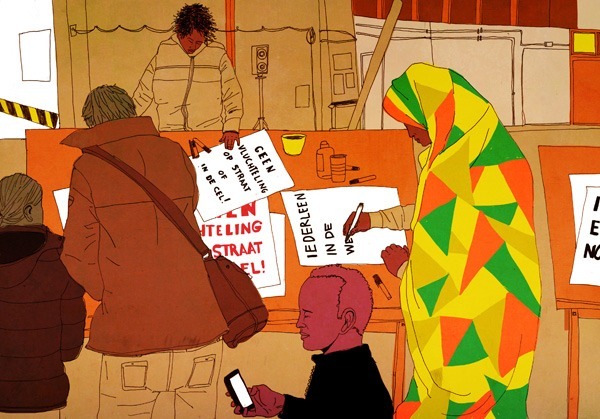
Refuge, Part II
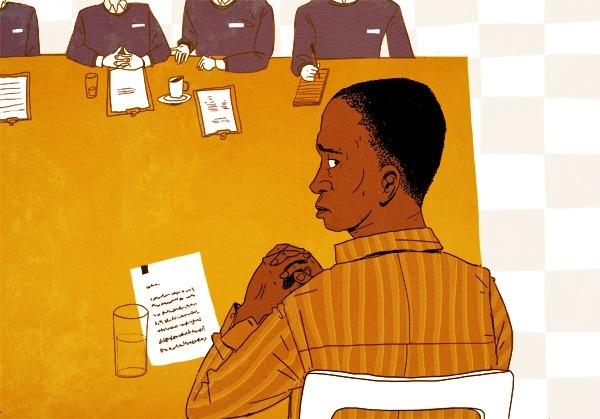
Refuge, Part I
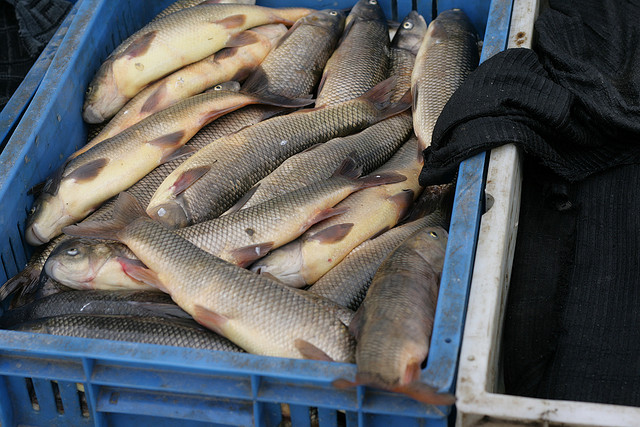
Grounded by the Trout
Vasily Grossman’s newly translated meditation on travel writing, Armenian Sketchbook, embraces the messy truth.
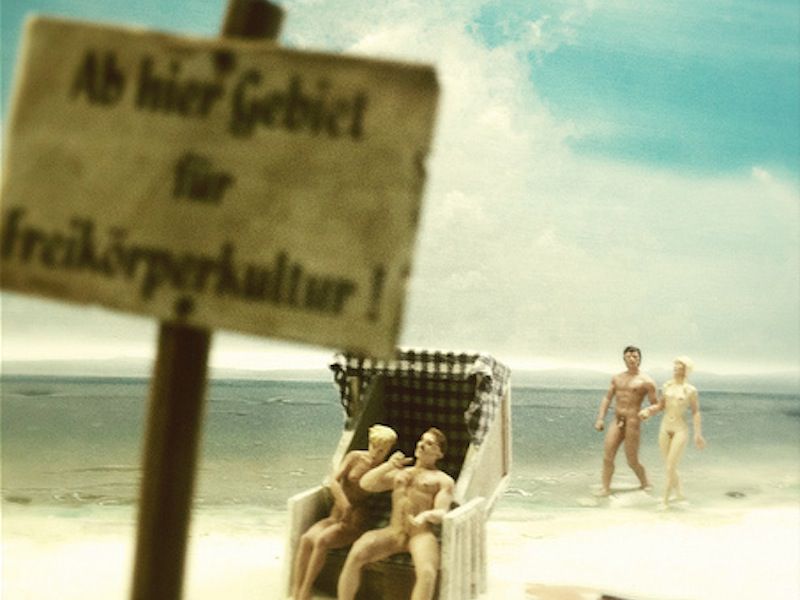
Normalcy without Liberty
Life in East Germany on display in a strange Berlin museum.
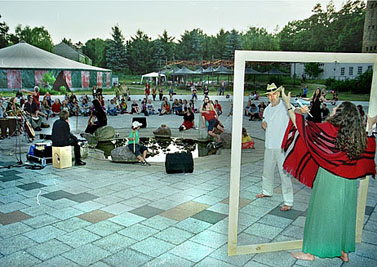
The Honey Trap
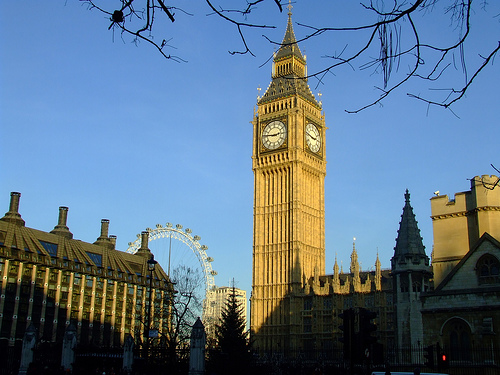
After Britain’s Gold Rush
London won its Olympic bid based on a promise to reinvigorate the nation’s interest in sport—now, after the Games, Parliament has to deliver the funds
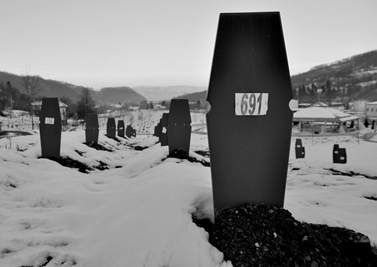
Julia Lieblich and Esad Boškailo: Life After Karadzic
A Bosnian genocide survivor and a human rights journalist confront terror, loss, and what it takes to heal.
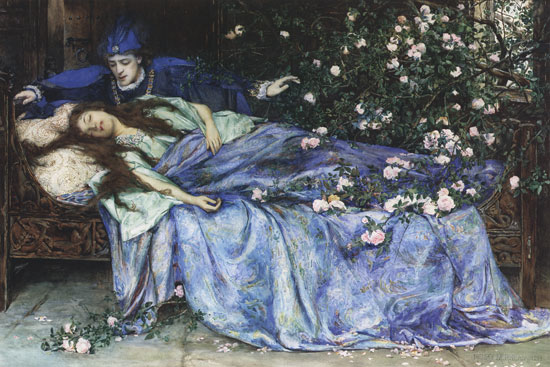

The Grand Project of the Olympics
What the top-down planning of the games will bring to East London: dispersal zones, rooftop missiles, and a giant shopping mall.

Andrei Ujica: On The Plagiarist of Bucharest
Oana Sanziana Marian talks with the pioneering director about how a plagiarism scandal and an arts-organization takeover sparked a clash in Romanian politics—and how it may lead to reform.

The Olympian Landscape
The sign pointing visitors to London’s 2012 Olympic Site could just as easily read “Dystopia For Rent.”
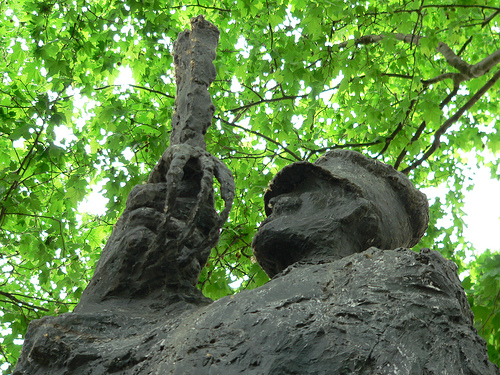
France of Institutionalized Discrimination, “J’accuse!”
France has institutionalized discrimination against Muslims, Sikhs, and Jews—but that hasn't stopped India, home to large populations of Muslims and Sikhs, from brokering an international arms deals with the country.
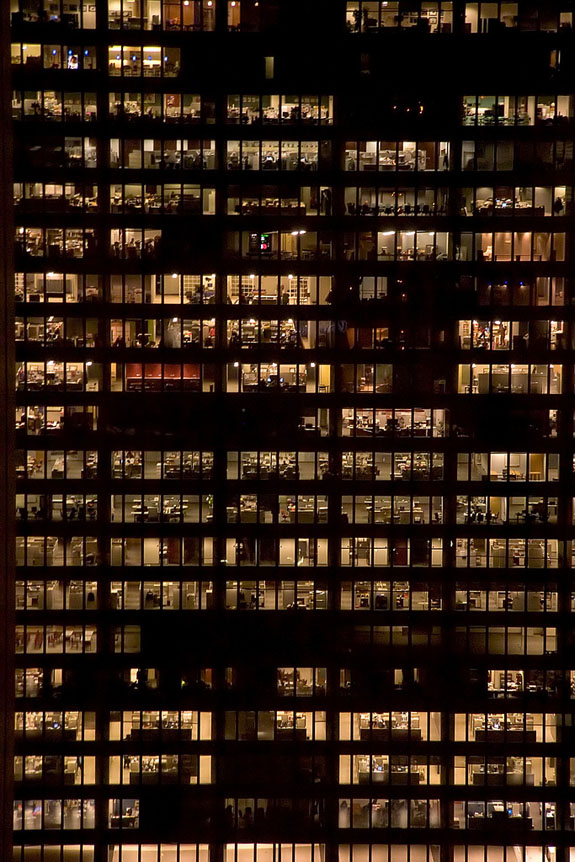
The Crisis of the Democracies
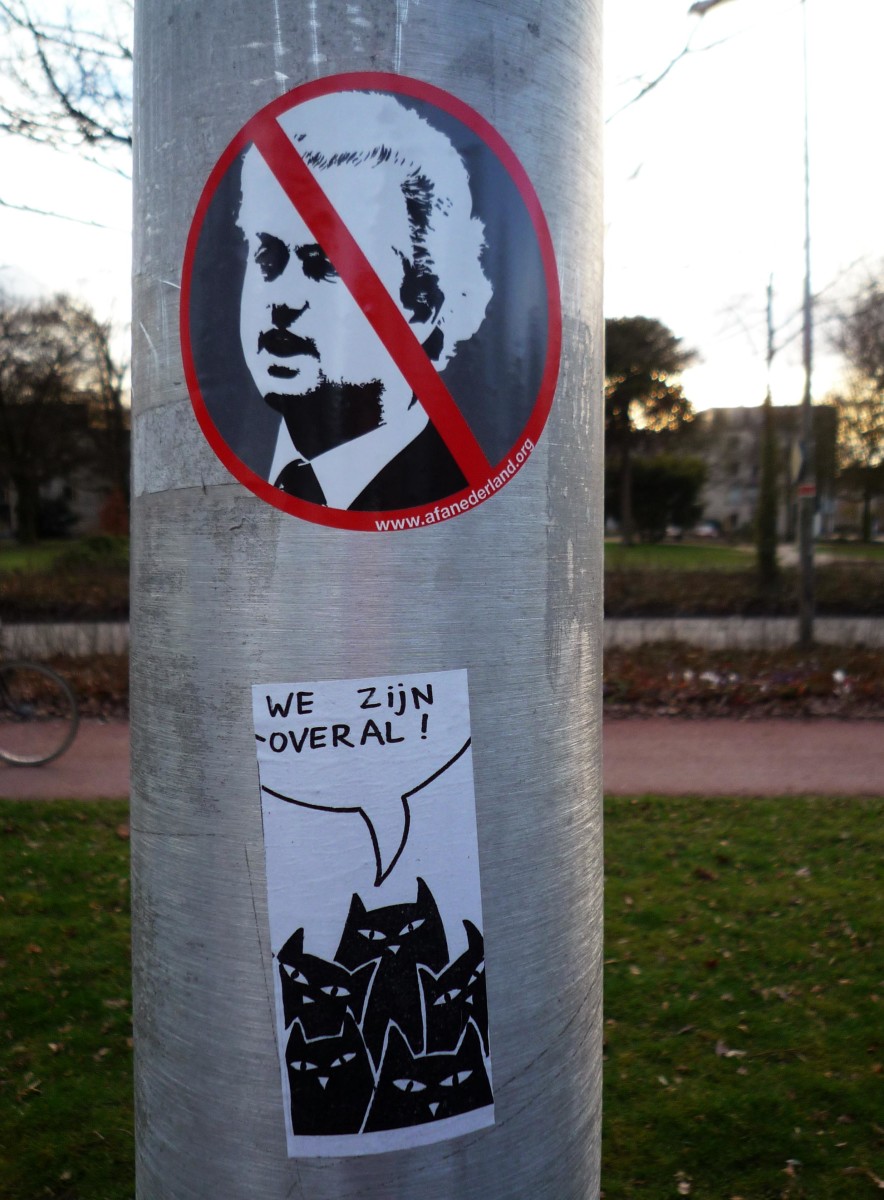
A Dutch Dissonance
The Dutch love to chide America on its unethical domestic policy—so it’s time they looked at their own.
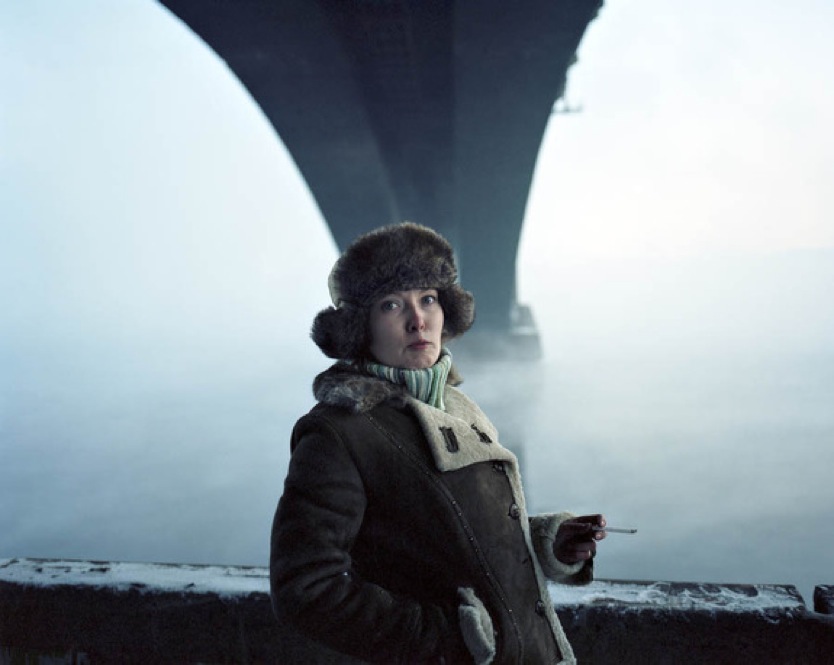
7 Rooms
In Russian, a language in which there is a separate word for everything, the word “country” means both the territory and the government.